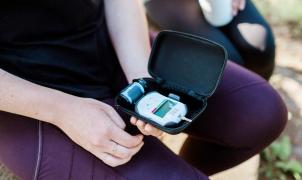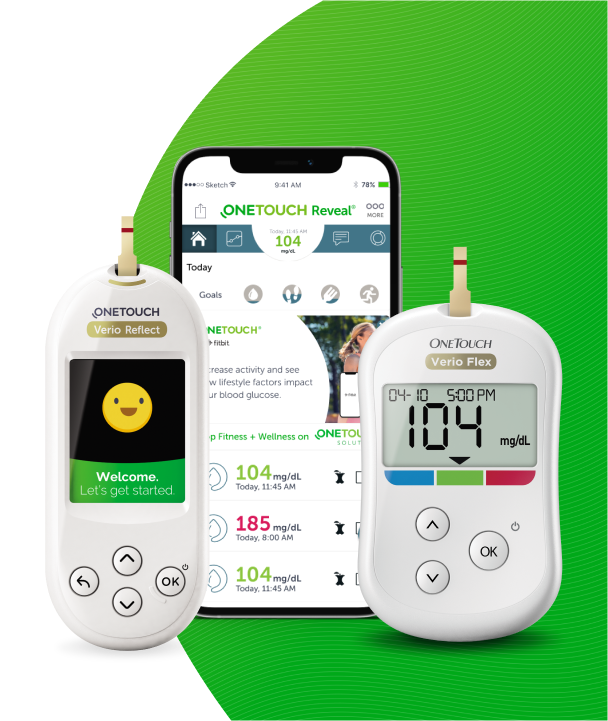Tips for Understanding Sudden Diabetic Highs and Lows
Blood glucose levels vary throughout the day as a normal response to eating, exercise, stresses and metabolic conditions. Because of your diabetes, you’re likely to be aware of changes in your glucose and may see sudden highs and lows in your blood glucose levels during your monitoring process.
Discovering unexpected fluctuations in your blood glucose readings can be confusing and frustrating especially when you have seemingly perfected your routines to maintain great blood glucose levels. So, a few things to consider are:
First, remember that our bodies are not entirely within our control and many of the tasks our bodies perform are automatic.
Second, we know that even small daily changes can have big impacts on blood glucose.
So try taking a stepwise approach to investigate the cause of a sudden change in your blood glucose.
Start by looking closely at the time during which you saw these unexpected results. This Assessment Tool can help.
Ask yourself the following questions and see if these suggestions are helpful in understanding your glucose fluctuations:
- Did my food intake change?
This includes eating later than planned, skipping a meal, or eating more or less than usual. - Was I sick at any point?
Even a mild cold can impact your blood glucose levels. - Was I less or more active recently, or exercising in a new way that is at a different intensity than usual?
This includes things that don’t seem like exercise, like housework, mowing the lawn or shoveling snow. - Did I drink alcohol this week?
Alcohol affects blood sugar levels for 24 hours or more after you drink. - Have I been under more stress than usual?
Ask someone close to you if they’ve noticed anything, as it’s not always easy to see this in yourself. - Is my blood glucose meter working ok?
Do a blood glucose test with control solution to check its accuracy. Make sure your glucose strips are in date. - Did I change anything in my insulin therapy?
This includes your insulin dose, delays in injections, a pump disconnection, or change in the injection site area. - Should I check my blood glucose more often?
Checking more frequently when you’re experiencing unexpected highs or lows could help you understand how day-to-day factors affect your blood glucose levels. - Is there a new pattern in my highs and lows?
If you’re still experiencing highs or lows, chart your blood glucose results and your eating and exercise patterns to help you see what’s working and what’s not.
It’s not always possible to pinpoint exactly what caused your blood glucose to rise or fall unexpectedly but tracking your glucose levels gives you valuable insights.
Set up an appointment with your healthcare team to discuss your results and to decide on your next course of action.
While using this Assessment Tool may be helpful, if unexpected and significant hypoglycemia or hyperglycemia occur or persist, please consult your healthcare provider promptly.
Sources:
Hyperglycaemia (high blood sugar) - illnesses & conditions. Illnesses & conditions | NHS inform. https://www.nhsinform.scot/illnesses-and-conditions/blood-and-lymph/hyperglycaemia-high-blood-sugar. Published 2021. Accessed June 16, 2022
Agrawal S, Makuch S, Dróżdż M, et al. The impact of hypoglycemia on patients with diabetes mellitus: A cross-sectional analysis. Journal of Clinical Medicine. 2022;11(3):626. doi:10.3390/jcm11030626
American Diabetes Association (ADA). Hyperglycemia (High Blood Glucose). Last accessed online August 1, 2022
American Diabetes Association (ADA). Hypoglycemia (Low Blood Glucose). Last accessed online August 1, 2022
US-OTB-1900029








